How to Prevent Burnout And Take Care of Yourself As An Entrepreneur? Gitanjali More Explains
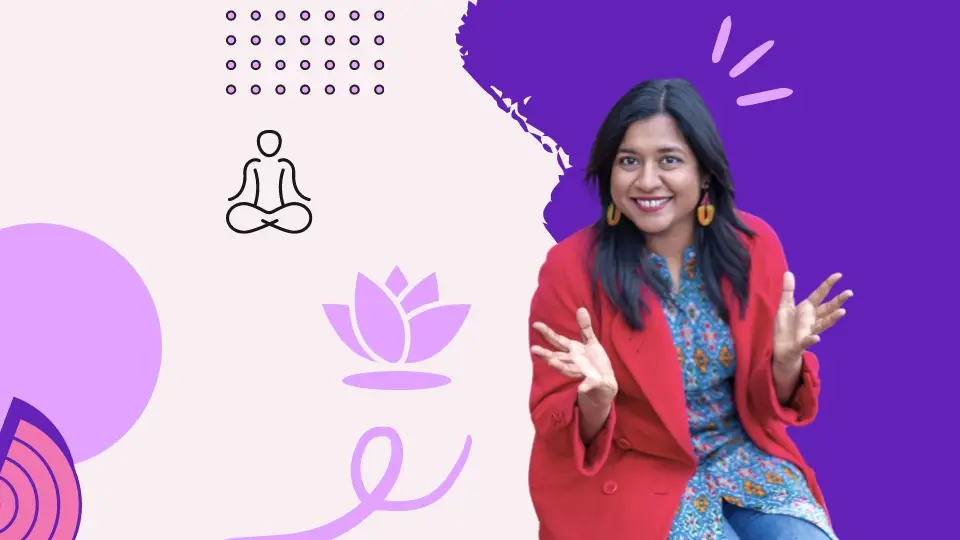
Gitanjali More
Recording Event “How to Prevent Burnout And Take Care of Yourself As An Entrepreneur? Power Talk & Network with Gitanjali More” June 22nd, 2023
Transcript
Hi everyone. Thanks for joining. I want to talk about this topic of self-care in entrepreneurship in order to prevent burnout. Because even though I’ve been self-employed only for a short time, I’ve seen, like I’ve been working for a long time about 15 years now, and I’ve had a few situations in which I came very close to a burnout. And it was a reality check for me. And I think that these points that I’ve collected and things that I have learned from my experience are also applicable to o other entrepreneurs. And it’s very important for me to give out this information, which is why I wanted to offer this workshop or this presentation today.
So, just a couple of things. If you, yeah, everyone’s mics are off. And if you have a comment or a question, then just turn on the mic and speak. I have no problem with that. You can also keep your camera on. I would love to see you. I see photos of the two of you there, and I see Val, but if you want, you can also keep your camera on. Yeah. And if you can speak at the moment as Jonathan is already doing, feel free to use the chat to ask questions, to comment and whatever else that you feel. Alright. So very quickly, the agenda for today. It’s going to be quite a quick presentation, a little bit about me. What is burnout? Why is self-care important for entrepreneurs? What tasks do you have as an entrepreneur? We want to stop exercising together, and then I want to talk to you about learning to say no. And then of course, you have room for your questions at the end. But as I mentioned earlier, if you have questions in between, just turn on your mic and ask a question or write it in the chat.
So about me, as Val already mentioned, but I wanted to go a little bit in detail. My name is Ga Angeli, and I started the Confused mother very recently. I am from India. I moved to Germany in 2014 to do a second degree in international politics. I have also got a background in communications. I’ve been working in the nonprofit and corporate sectors for almost 15 years now. And after I became a mother two years ago, I decided that I wanted to become self-employed. So after my parental leave, I took the leap and created the confused mother. So I essentially offer international parents living in Berlin. A lot of information about all the services that they can avail off while they live here. I do that using tutorials. I have a podcast as well mentioned already. I talk to mothers and experts and discuss everything related to motherhood. And I also organize meetups once in a while. The next one is coming up on the 8th of July, if you’re interested. And in Berlin.
And it’s a brunch where I make my own food and offer it to the guests. Exactly. And and the topics that I’m interested in are, of course making motherhood visible, giving mothers a platform to talk about their issues, to talk about everything that they go through, because it’s important to, in my opinion, to make all of these topics visible so that there are better workplace policies, there’s better understanding for parents and their issues and, and that family friendly companies are not just, oh, we offer remote possibilities. So it goes beyond that. So that is essentially what I, I’m very passionate about.
So in my opinion self-care is important for entrepreneurs in order to prevent burnout, of course, the first most important thing. But secondly, it also makes you better at your work. It improves your productivity and decision making, and of course, for your own mental and physical health, which is also important. And I think that a lot of times we forget this, that self-care, we forget the self in, in our lives. We prioritize everything else and everyone else, and we forget to take care of ourselves. And even if we prioritize our work, it’s important to take care of ourselves so that we do good work, I think.
So what is burnout? And I mentioned earlier that very briefly I thought that I was on the verge of a burnout. It happened to me just a couple of months into my self-employed journey. I ended up in bed for two, two and a half weeks. Feeling all of these things that I’ve written here, lost and overwhelmed, exhausted. I had no energy. And I remember that there was a point when my husband said to me, he said, Angelo, you’ve said many times you are so tired. And I thought that the reason you’ve decided to go on this journey of self-employment is because you have fun doing it. And I think you need to have some more fun. I think you need to take a step back and reflect on your work. And then that was kind of the, the, the point where I said, oh my God, I’ve only just started my self-employment, and how is this how am I already here? So like I, I, I kind of took a step back and I reflected a little bit on my, on my journey and my work and the way I was doing things. And there was another time when I had a job, which was extremely demanding. I had you know, to very spontaneously go on, on work trips. I was working really long hours and I was very stressed because it was a high pressure job. And one morning I was on my way to work and I had a really bad stabbing pain in my back. And I couldn’t understand what it was because I had not had any injury, nothing had happened, and my shoulders started hurting, and it was so bad that I couldn’t walk anymore. And I called my colleague and I said, I need help. I can’t move. I’m standing right outside the office and I can’t move. And they got me a cab and got me home. We had to order a doctor to come home to check me out because I was lying flat on our, on our living room rug saying, I can’t move. And as it turns out, it was also stress related.
It was because I had been so stressed. I had been sleeping so badly that I eventually had to have a full week where I didn’t do anything. I was not allowed to work. I was not allowed to sit. I had to walk and you know, do slow light exercise to get my body going again and have a complete break, break from work. So this is what burnout can look like. And now that I’m talking about it also to you it’s becoming more and more clear to me that, oh my God, it is what I, what I went through was actually a, a burnout. And in my case, fortunately, it lasted a short time. And I, and I could, and I had the help and support that I needed to get out of the situation, but I know that a lot of people don’t recognize the signs early enough. And then it kind of just escalated further and further. And it can become even very, very severe where you end up having to quit your job or quit your work and then spend months recovering from the, basically the hole that has been dug that you’ve been pushed into. Which is why I really hope that all of you recognize science if you are in such a situation. And I want to talk to you about how to prevent such a situation from happening in the first place.
So it’s exactly, now the thing is when you talk about self-care I notice that a lot of people think, oh, it’s a bubble bath. It’s a spa day. It’s, you know, things like that. But yes, I mean, of course it helps to do all of those things, but those are not the only things that you need to do, in my opinion. You can go for a spa day, but you come back home and everything is the way it is, so nothing has changed. So you’re going to go through these ups and downs of, you know, constantly working really high up to your limit, and then go back down to calm down over a spa or a bubble bath or whatever it is that you do. And then you go back to your problems and so on.
So in, I think that you need to look at your life as a whole and make adjustments accordingly so that you reduce your overall stress levels. And that for me is looking at how you can create more space and time for yourself on an everyday basis, which is why the first thing that I have the first thing that I recommend is including breaks in your plan. So when you have a daily schedule including breaks, like commit to getting up from your seat every hour, walk around the apartment or your office, or get outside, go on the balcony and stand for two minutes, five minutes, whatever possible. The second thing is to spend time with family or friends after work. So the first most important thing is to then say, okay, I’m done with work. So to actually commit to saying, I’m going to work for 35 hours a week, or 40 hours a week, and at five o’clock or six o’clock or whatever time it is that you decide to stop working, that’s it.
And then after that, I do something for myself. I do something for my family or with my family or with my friends. And to really then switch off from work as much as possible. I know it’s difficult. I know that, you know, you are constantly thinking, especially as an entrepreneur, you’re constantly thinking about what meetings you have, and, and you are, you are completely invested in it. So I understand that it’s difficult to just say like, okay, the switch is off. Because it doesn’t happen to me either. I’m spending time with my daughter, and there are times where I suddenly have an idea and, oh, yeah, wow, I need to remember this. I need to think about this. And I, you know, so, mm. It takes practice. It takes time to, to just say, okay, I’m done with work.
But it’s important to set that boundary. And then we come to the third. And the fourth point that I’ve mentioned here is exercise. Because exercise is a great way to switch off your brain to really power your body, like going for a swim. That is something that I love doing, is going for a swim, because then it’s just like me and the water, and I’m only competing with myself trying to improve the previous swim. And or if you are going to a gym or you go running or whatever it is it’s very it’s a good way to switch off. And all of these things. Also doing just one thing, that is only for you because like for me, I have a child, and I know that it is even more difficult when you have a family that you’re taking care of and you have home chores and family and cooking and so on and so forth. But it’s so important. The other day I had a workshop for families where we were talking about creating boundaries. And they said that, and I suggested it to them, and I will give this to you as well.
The last point that I’ve written here, just sit and do nothing for 15 or 20 minutes. People can’t do that because we are so overstimulated. There’s always a great podcast. There’s always a new blog post. There’s always a new show to watch on tv or there’s always something happening that’s always stimulating us. And if you can just sit, you don’t even have to meditate. If you can just sit still without touching your phone, do nothing. People can’t do that anymore. And I got this feedback from the group that I did the workshop with, and they were like, oh my God, I can’t remember the last time I did that. Always content. You’re always consuming content. And I think that that is the challenge that we all face because we are constantly trying to relax by consuming content. We’re unable to actually relax which is why I invite all of you to try it this evening.
Just sit and do nothing for 20 minutes today. You will find it extremely difficult. I I can almost guarantee that you will be very challenged with this, with this exercise, but try and do it as often as possible to just empty your head. And I think that essentially that’s what meditation does. But without needing any guidance or anything, if you could just sit, let your thoughts flow, but do not use any media. It’s a very important element of self-care. And the thing is, it’s easy to fit into your day. You sit late at night or early in the morning whenever you have the time and just sit and do nothing. And that is really, really important. And another thing is that when you have the opportunity, just sit and let your thoughts slow. This also leads to creativity. It leads to creative exercises.
So if you, if you train your brain to just slow down, you are actually improving your mental health and your productivity. So now I wanted to do a little bit of exercise with you. What tasks do you have in a day? So I learned this technique really, because I don’t know how long you have been in your business, but you kind of also take stock of what tasks you are doing and what tasks bring you money and what don’t bring you money. Now I want to do this in the space of self-care. So I invite you all to take a piece of paper and pen and write down all the tasks that you can think of that you have to do. And you can make two columns. One is work related and one is home life or domestic life or whatever, whatever you have handy at the moment. But I would really encourage you to actually do this exercise to just write down so I can show you what I have done, all the tasks that you have to do. So it could be creating content. What do you, what do your days typically look like, or what tasks do you usually have? It can be everything. Shopping for groceries, cooking, this is all home stuff. Folding laundry, doing laundry, vacuum cleaning, clearing up the kitchen, clearing up the living room, whatever, everything. Ironing your clothes. I hate that. <Laugh>. The next part of the task is to also look at these four boxes that I’ve got over here to look at what of these tasks can you automate? Things like things like bill payments, for example, bank transfers and stuff like that. These can be easily automated. What can be simplified? So for example, a food plan can be really very, very easy to, to kind of simplify your grocery shopping and planning what to eat and so on in a day. Which tasks can you delegate? In terms of things like in your business, if you have someone to take care of your social media, for example, or to write your newsletter to create content for you.
We now have a ChatGpt, which you can use to get help to, to simplify your life and, and to create content for you and, and so on. And then of course, there’s a lot of tasks that we end up doing, which we can easily eliminate. We mentioned the use of social media, and I would like to stick to that example. This mindless scrolling, we eliminate it because it doesn’t really help. Just hitting the heart on, on like 50, 50 posts is, is actually absolutely useless. For example, there’s like little, little aspects of our workday, which take up a lot of time. And I would just say get rid of them. So like, really looking at your work and your daily life very, very critically and say, okay, do I really need to be doing this?
Another example that I thought of while preparing this workshop was in India where I’m from. We are used to cleaning our homes every single day because you have such high levels of dust. And so you vacuum and dust every single day. But living in Germany, you don’t need to do that necessarily. Or in Belgium, in your case, Jonathan you know, so you can do it once a week and dust the rest of the time, or you do one deep clean every couple of weeks. And then in between you do shorter versions. So this kind of simplifying your life delegating would be then getting a cleaning lady to come in, cleaning person to come in once every couple of weeks and, and taking over a little bit.
And of course, it costs money, but at the end of the day, this is also an important element of self-care, is to invest the money in a gym, invest the money in somebody to take over certain tasks for you. Invest the money in, you know, going out and, and doing something for yourself, something that makes you happy. So the in, in my opinion, it’s really good to, to make a list of all of the tasks that we have, and then to put them in, in one of these four categories. Another very important aspect of self-care, in my opinion, is setting boundaries. Learning to say no and learning to say no can take on very different things. You know it, it can be very, very different based on who you are talking to and in what context it is. It can be saying no to family members.
It can be saying, saying no to your kids. It can be saying no to, to a networking event or a workshop or somebody who was asked to for a call. Because, you know, as entrepreneurs, we often get these messages from people on LinkedIn saying, oh, I’d love to jump on a call with you and have a chat about this and that. And, you know, if you don’t know what the, the, the goal of that conversation is, you can always just say, no, I would really like to know what I am going to get at the end of this, or what, how I can help you by the end of this, but what is the goal? And otherwise I’m out. And the same thing happened to me. I was getting one after the other, a lot of requests for first conversations for job coaching.
And I said, you know what? I’m going to make this more, a bit more efficient. And I invited all of those people that had wanted a first call with me to join a free workshop. And I said, I’m gonna give you all of this information that you have, and we’re going to just get on a call. All of us together. You can ask your questions. We all get to know each other. And that’s it. I don’t have to spend five hours talking to five, you know, 10 different people, but in half an hour, one hour I’ve spoken to 10 people and given them the exact same information. So, you know, to say no in small things, because every time we say no to something, we say yes to something else. In that case, we say yes to ourselves, we say yes to taking care of ourselves and yes to more time for us and for the things that really matter.
So, learning to say no is very difficult because we have also been socialized in a way that saying no is, is impolite. It’s uncomfortable. We’re not, you know, we want to always be amicable. We want to be friendly. And so that’s why I always suggest that if you have trouble saying no start small, very small little, little bits and pieces, you can think of saying no to something that doesn’t have very large consequences or very, you know, very grave consequences. Don’t feel guilty about saying no, because when you, when you say no to someone or something, you’re saying, as I mentioned, yes to yourself, and you are important, you are worthy of self-care as well. So don’t feel guilty about it. And I would always recommend not to lie, just be honest. If you don’t wanna go out for drinks with someone, don’t come up with an excuse.
Oh no, I’ve fallen ill, but just say, Hey, I don’t feel like it today. There’s nothing wrong with that. Maybe, maybe on the weekend or I, I’ve had a long week and I’m tired and I’m looking forward to just, you know, enjoying some food and chilling at home and getting to bed early. Totally fine. And so yeah, so I would definitely recommend not lying to anybody and also to yourself, you know, to say that, yeah, big fruit to yourself, of course, if you are saying no you know, recognize that your limit is there. This is your boundary, and be true to yourself. And of course, as everything else, practice makes perfect, right? So if you start small, start saying no to little things here and there the more often you do it, the better you’ll get at it.
I have this really funny example because when I said about going out and so on this would happen to me all the time. I love bringing people together. This is like my Indian. I love being a host. I love cooking for people. I love people coming over. I love having parties. And at some point I realized it was too exhausting. And it was costing me a lot of energy. And then people would be here until late, I would sleep too little, drink too much alcohol. It is just not good. And at some point I became well known in my friend’s circle as the one who throws people out, <laugh>. I would always say, okay, guys, I’m done. Party’s over. And and, and the same thing with conversations. There are some people who, who talk and talk and talk and then, you know, to just get up and say, okay, let’s get back to work. The last question is, what small steps can you take to what Selfcare starting today? So basically to make a short commitment to yourself. This is my website here. I also added my email address in the chat.
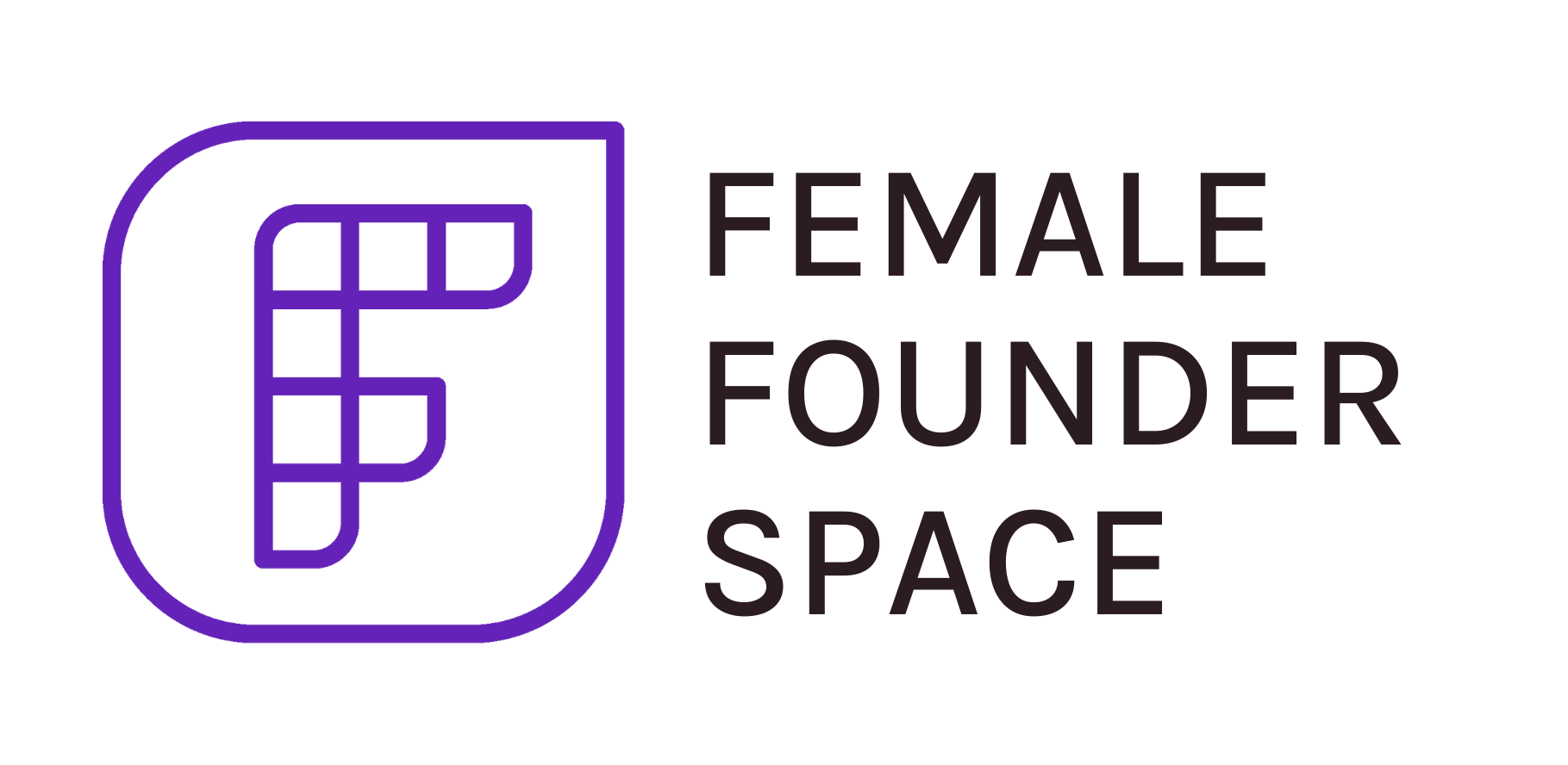
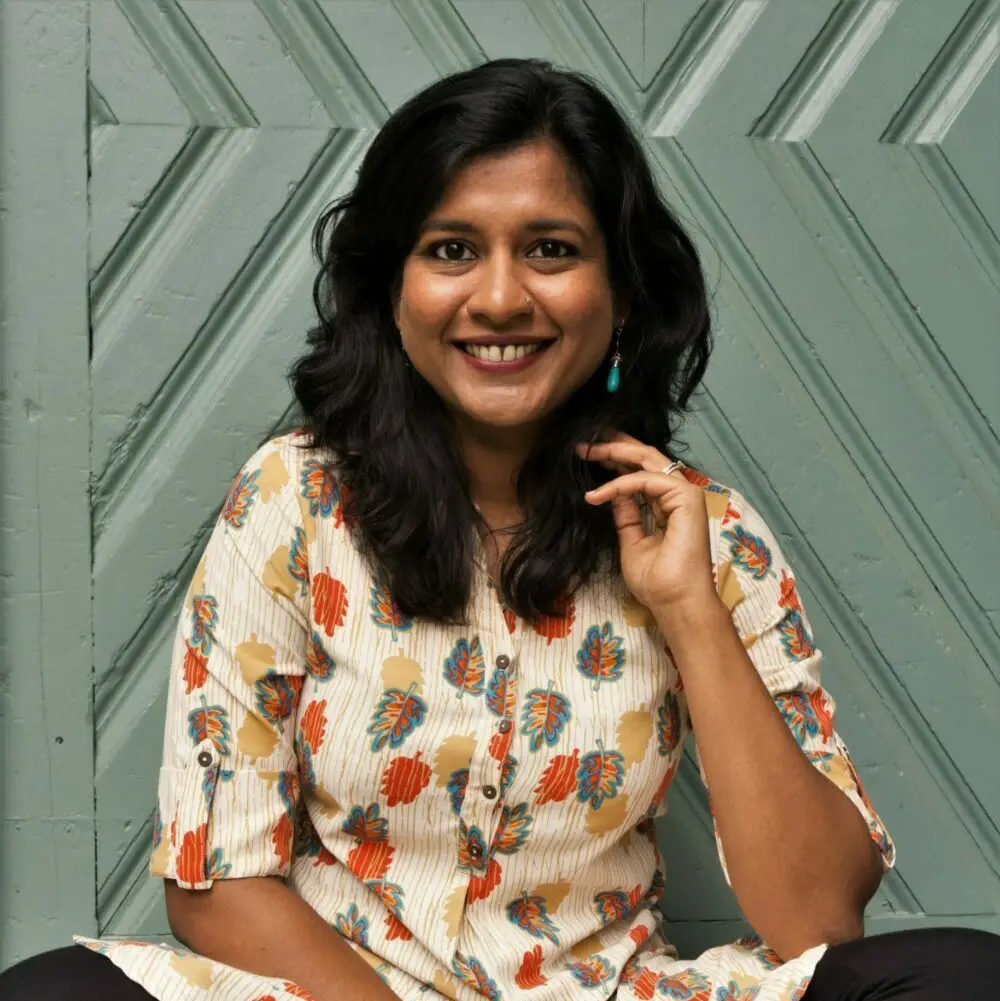
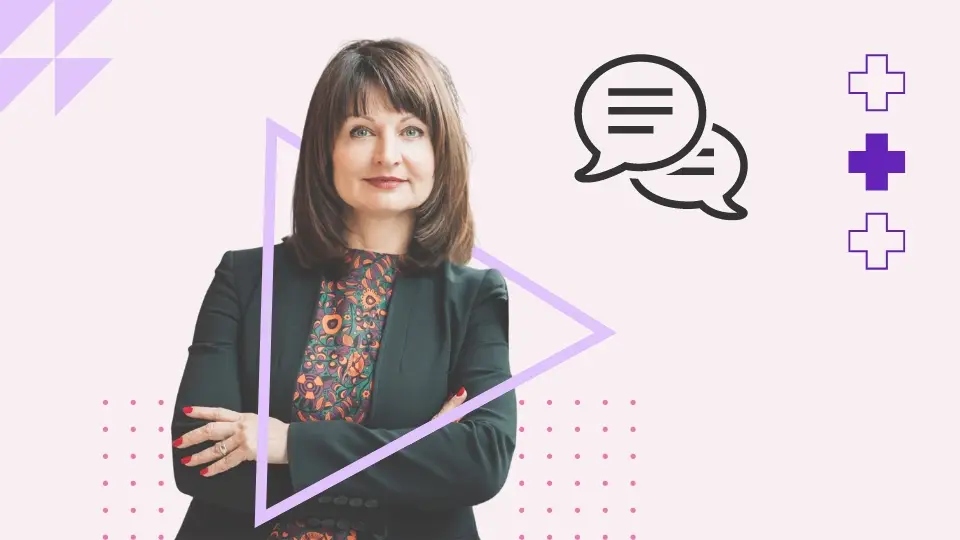
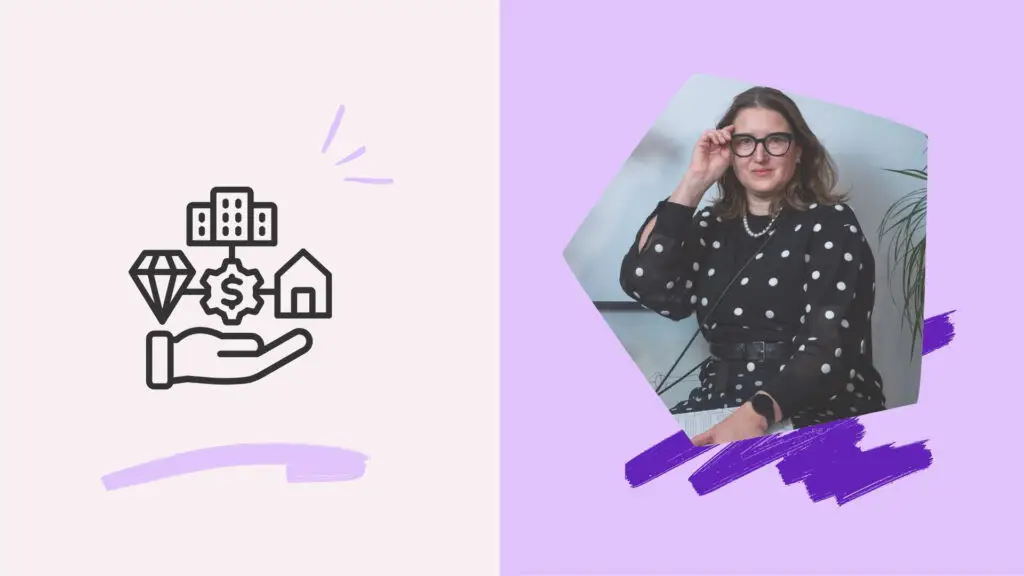
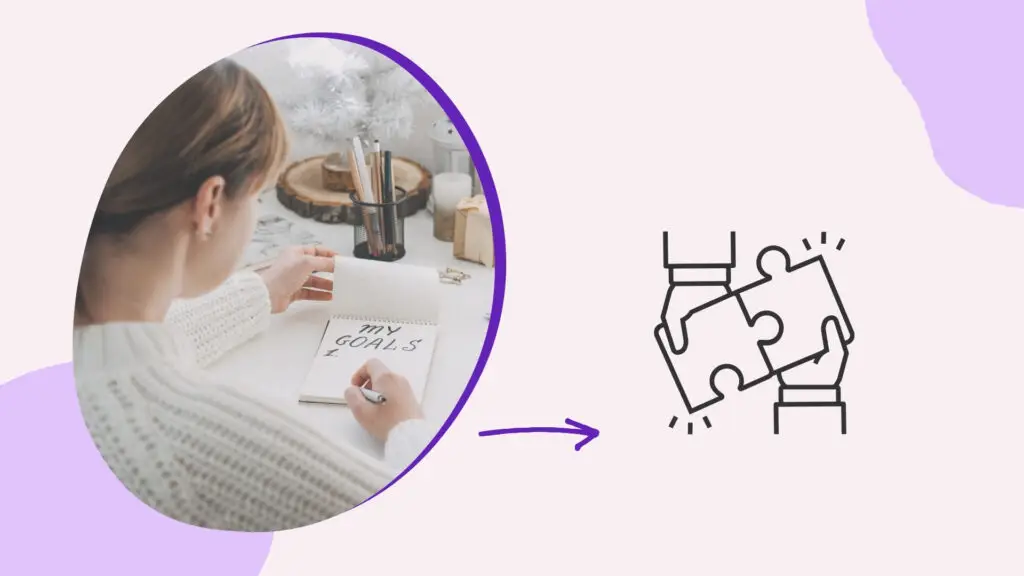
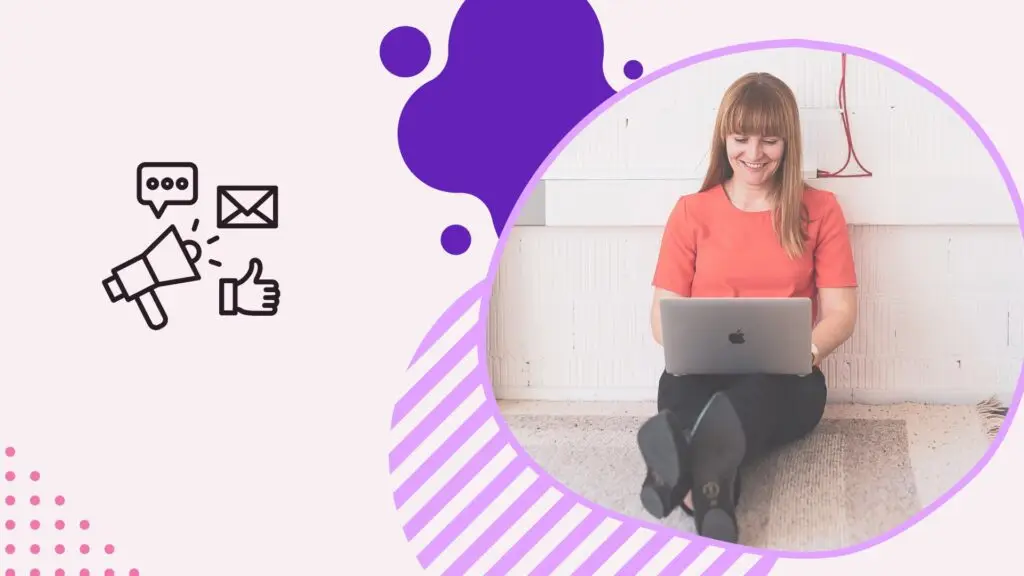
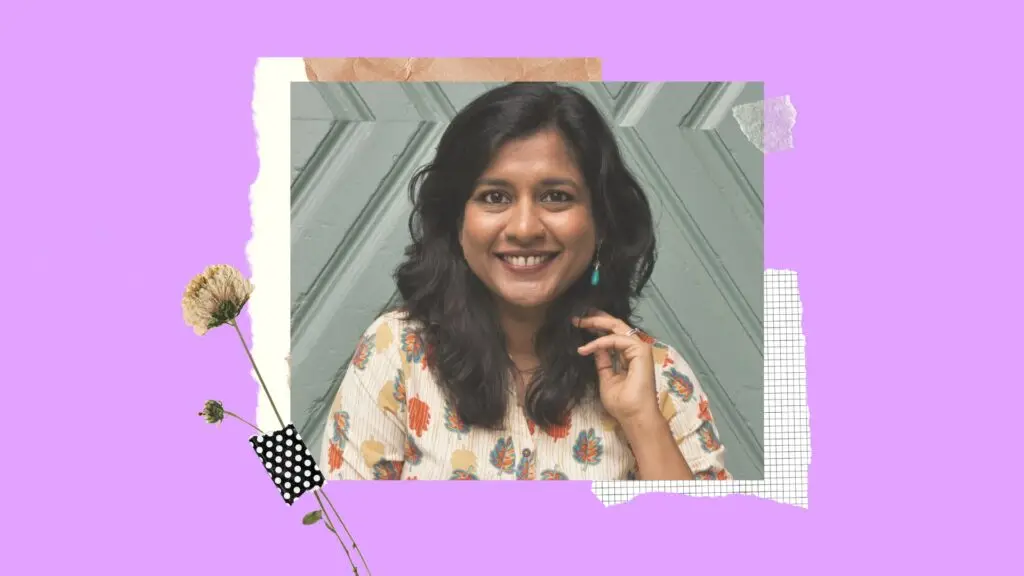

Responses